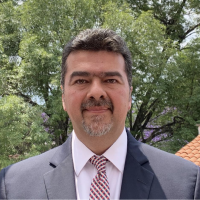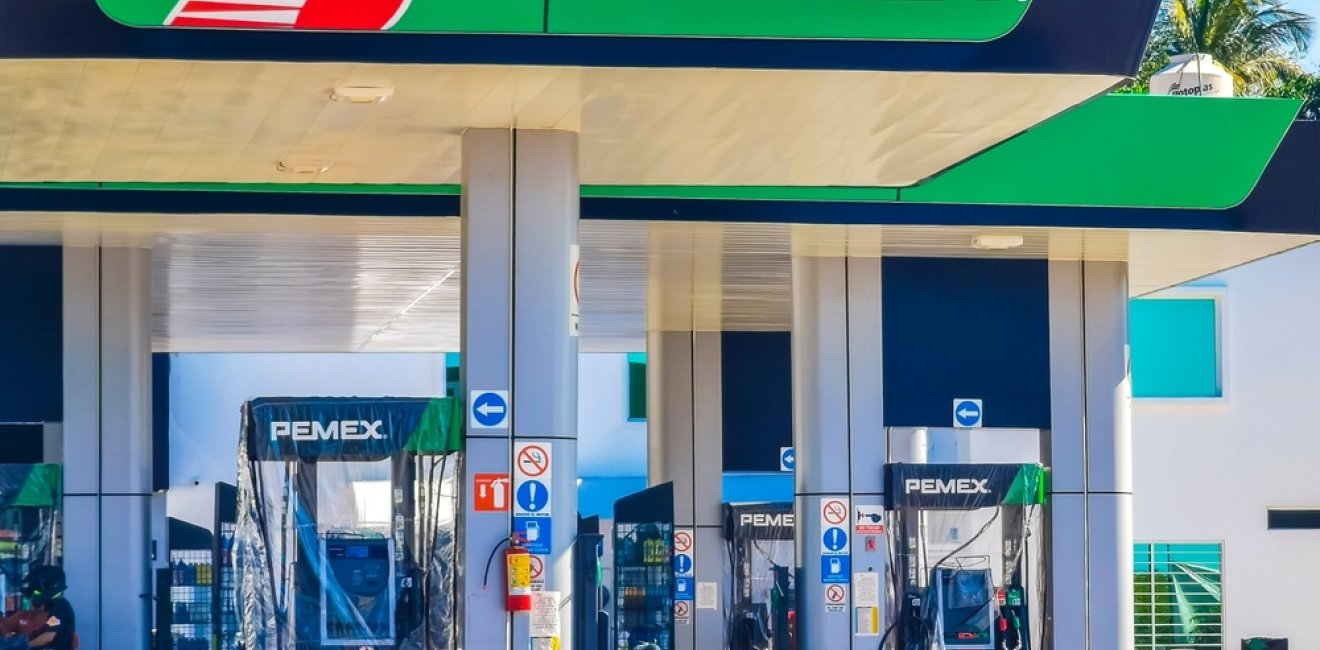At its height, Pemex (Petróleos Mexicanos) represented a major source of income for Mexico’s federal government, accounting for 44% of the federal budget in 2008. Pemex’s present financial troubles mean that the business only contributed around 7% of the federal budget in 2023. Despite this, Pemex retains an important role in Mexican politics and will play a key part in the 2024 elections. Pemex’s relevance in the upcoming elections falls into three categories.
- Political. The union leaders of Pemex could mobilize not only financial resources and company workers, but also workers’ families, to support a given candidate. This would have a significant effect on the electoral processes, particularly in the states with a strong presence of exploration and production activities and refining operations: all the states with access to the Gulf of Mexico (Tamaulipas, Veracruz, Tabasco, and Campeche) in addition to Hidalgo, Guanajuato, Nuevo Leon, and Oaxaca, in which in addition to the national election, there will be in some governor elections.
- Financial. Pemex contributes with around 7% of the federal public budget and hires an ample spectrum of companies to provide direct and indirect services. The size and traction of Pemex either explain the activity in full of entire cities or contribute with a sizable share of the local economies.
- Social. In hydrocarbon states, Pemex typically supports the upkeep, improvement, and expansion of local infrastructure including roads, schools, and hospitals, in addition to being a large source of formal direct and indirect employment. A textbook example is the Olmeca Refinery located in the port of Dos Bocas in the Paraiso municipality in the state of Tabasco, which had spillovers from the construction of the refinery improving several of the educational, health, and transport infrastructure.
Regardless of the election outcome, Pemex would have to go through a major restructuring and an internal reform to prevent the company from going into bankruptcy, which could lead to economic, political, and social instability.
Should Sheinbaum win the election, her approach would likely coincide with that of her predecessor which would probably entail significant budget cuts. And although Morena has proposed the construction of an additional refinery, permitting small-scale biofuels production, and supporting petrochemicals, Pemex’s financial position leaves little room for any new projects or flexibility as its primary focus is on ensuring that the company stays afloat.
On the other hand, Xóchitl Gálvez has openly suggested that Pemex partner with the private sector and diversify its portfolio. Existing legal provisions make this and a resumption of the oil and gas rounds would put back Mexico as a player in the international markets. Given Gálvez’s interest in sustainability, her administration would likely introduce more stringent environmental, social, and governance requirements to ensure that the ecological footprint is minimized. New partnerships with alternative business models, fresh financial resources, and new technologies could represent the lifeline Pemex needs to thrive in a carbon-constrained world.
Though the results of the election are to be determined, it’s undeniable that Pemex will play an important role in the election and the results of the election will have an impact on the future of Pemex itself.
Author


Mexico Institute
The Mexico Institute seeks to improve understanding, communication, and cooperation between Mexico and the United States by promoting original research, encouraging public discussion, and proposing policy options for enhancing the bilateral relationship. A binational Advisory Board, chaired by Luis Téllez and Earl Anthony Wayne, oversees the work of the Mexico Institute. Read more

Explore More
Browse Insights & Analysis
Greenland’s New Governing Coalition Signals Consensus

The Future of France's Far-Right Party

Ukrainian Issue in Polish Elections

